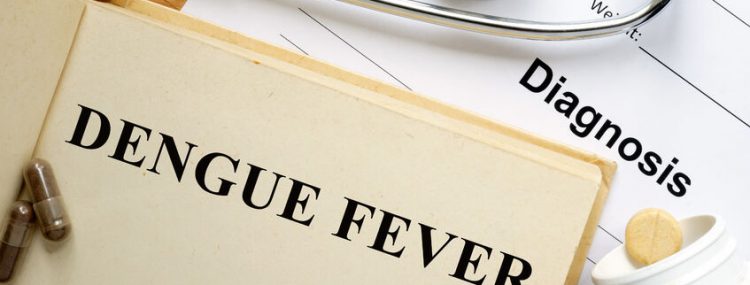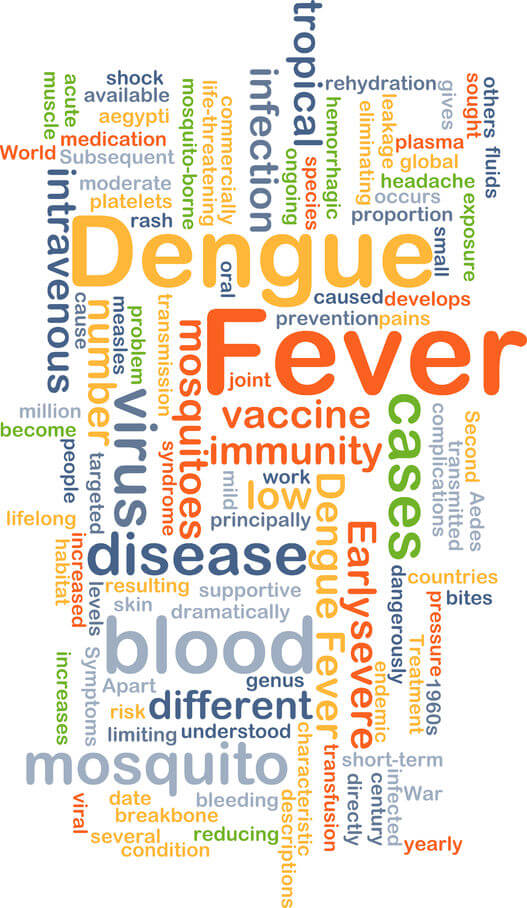
Healthy Tips To Fight Dengue
 The dreaded dengue continues to terrorize children and adults alike, with a sharp rise in number of cases in the country.
The dreaded dengue continues to terrorize children and adults alike, with a sharp rise in number of cases in the country.
What can you eat to protect against dengue, during and after an attack to maximize protection and recovery? Read on…
Staying fit and healthy is always the best defense against all illnesses. Fitness includes exercising, maintaining ideal body weight, staying up to date with health check-ups and consultations with doctors as required, eating healthy, nourishing foods and staying away from smoking and alcohol. Eating healthy is of prime importance as antioxidants and vitamins in fresh foods can help fight against diseases such as dengue by boosting immunity.
Prevention:
Start a healthy, colorful fresh diet which includes plenty of fresh fruits, vegetables of all colors, especially the dark colored ones such as eggplant or brinjal, purple cabbage, broccoli, green peas, green leaves, carrots, tomatoes, pink guava, watermelon, papaya , grapes and pomegranates. Eat complex carbohydrates and whole pulses such as jowar, bajra, ragi, brown rice, wholewheat, whole grain oats, chana, moong, rajma, horsegram which are not only rich in fiber and vitamins, but also are rich in antioxidants. Hydrate adequately with water .
During:
If diagnosed with dengue, increase fluid intake since fever and infection can result in critical dehydration. The best rehydrating agents that are also easy on the stomach and help improve digestion include:
- Tender coconut water: drink at least two big glasses per day
- Lassi and Buttermilk: Set from fresh low fat milk, buttermilk can do wonders for digestion and add probiotics which help fight viruses and bacterial infection.
- Papaya leaves extract: Eating papaya leaves or fresh extract is known to improve platelet counts as discovered by some studies. Capsules of these are also available in some places.
- Fruits: When not able to eat normal solid food, increase intake of fresh fruits such as banana, apple, pomegranate, citrus, guava and others since they help replenish minerals and vitamins lost in vomiting or as a result of high fever. Fruits also nourish with energy that is required to combat the fatigue of the infection.Fruits can also be consumed in form of fresh juices.
- Vegetable soups: If not able to eat well, include a wholesome vegetable and protein rich soups. A “one dish meal” can be prepared in the form of soups by adding cooked dal, chopped vegetables or pureed vegetables (cook carrot, peas, greens, tomato and blend in mixer) , paneer cubes or soya granules. Thesekinds of soups contain all nutrients required as in proteins, energy, fiber and minerals.
- Milk and curds: Keep up intake of milk and curds as they are the best sources of calcium and protein which help prevent muscle and bone strength losses that can occur during prolonged, chronic infections.
- Eggs: Eggs provide a concentrated source of high quality protein and is a great way for non vegetarians to boost their protein intake during the illness
After:
Continue to replenish with fluids such as curds, lassi or buttermilk, unflavored yoghurt, tender coconut water, fresh fruit juices without sugar and with the pulp intact, and of course, plain water. Try to exercise in the sun as and when possible to get some vitamin D which would have been in short supply during the stay indoors of a dengue attack. Eat balanced, healthy meals devoid of unhealthy fats, sugars and refined starch. Dengue can relapse because there are many different strains of the virus, and adequate protection against mosquito bites will go a long way in avoiding future attacks.
It’s easy and convenient now to order your health on a plate at Calorie Care, which brings scientifically designed meals prepared by professional chefs to suit all your health needs. Just log on to caloriecare.com today, for more.



